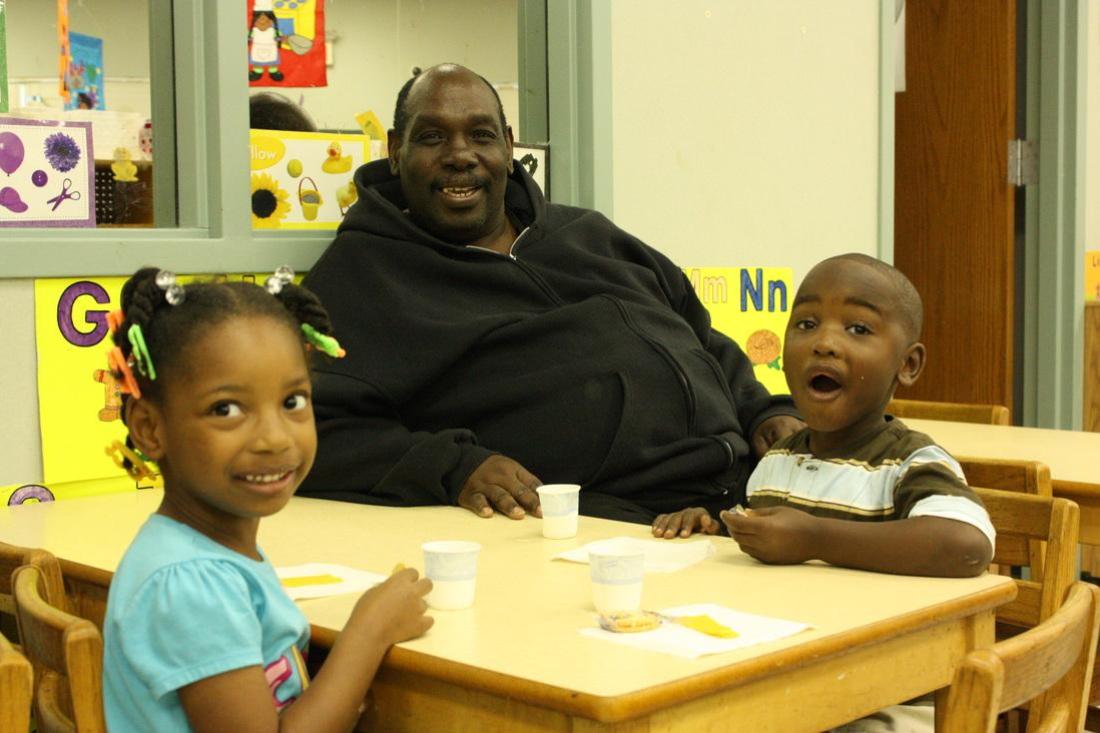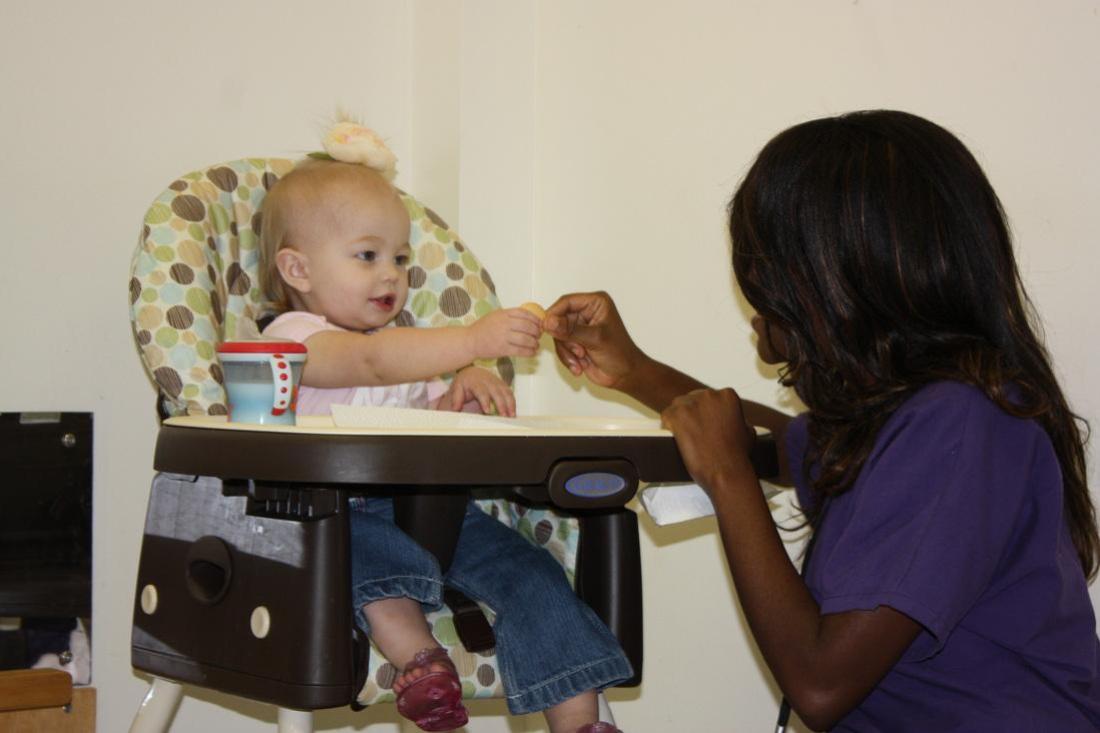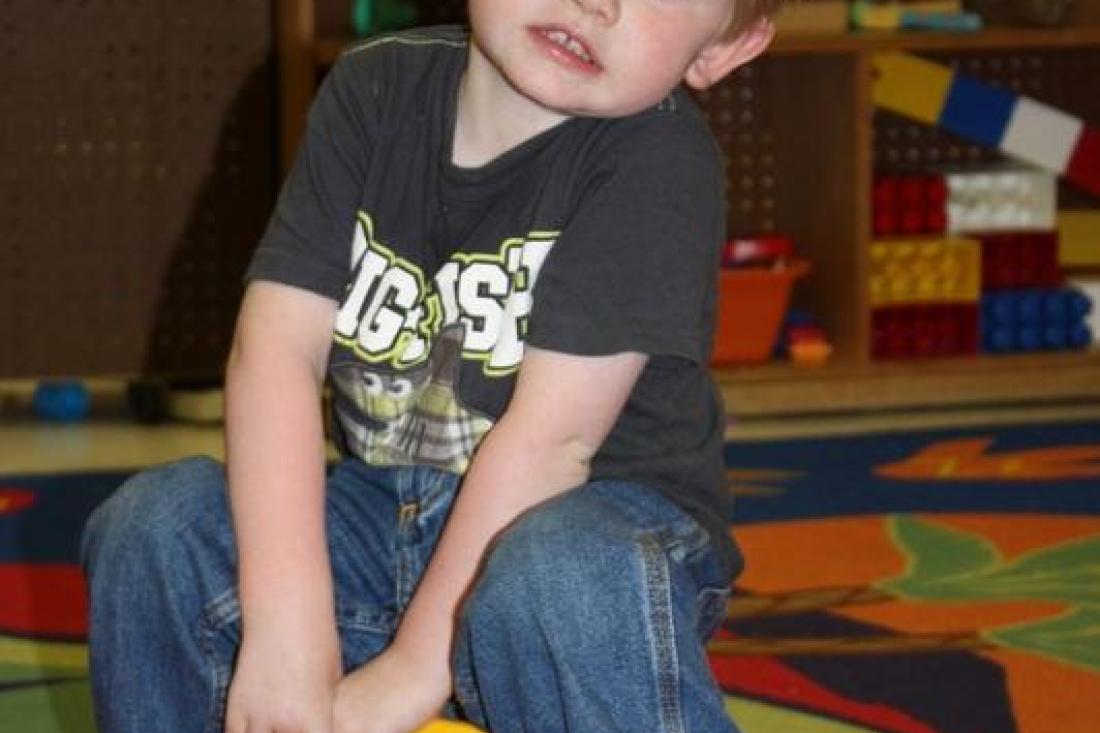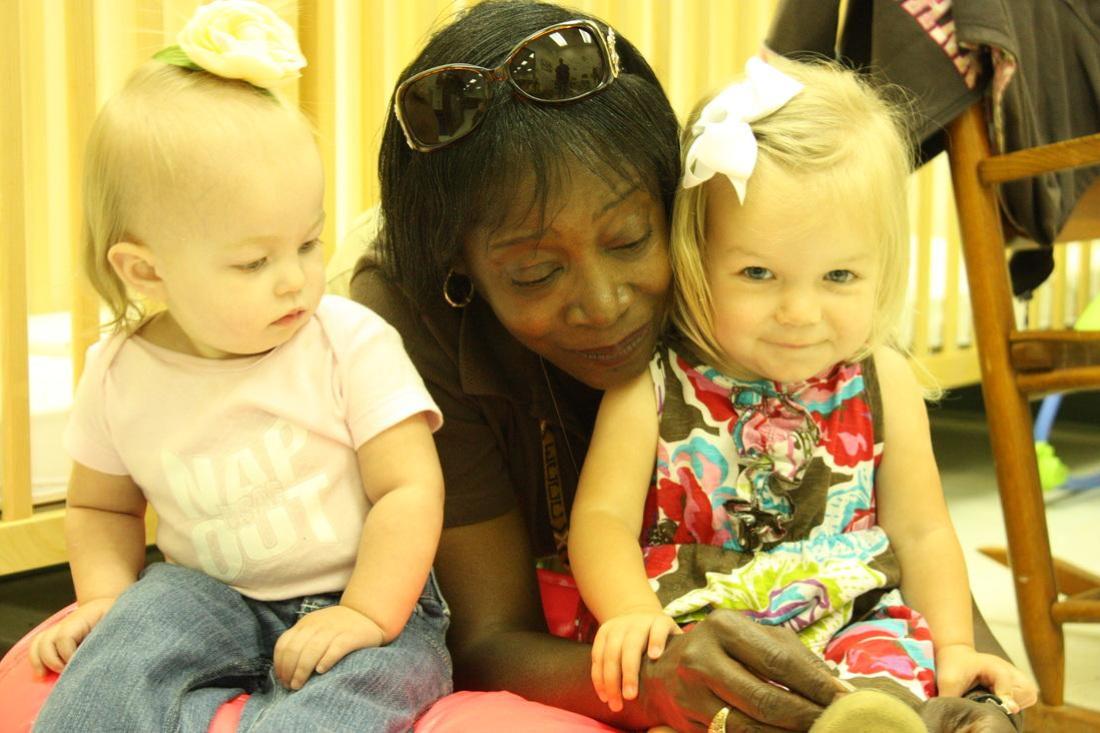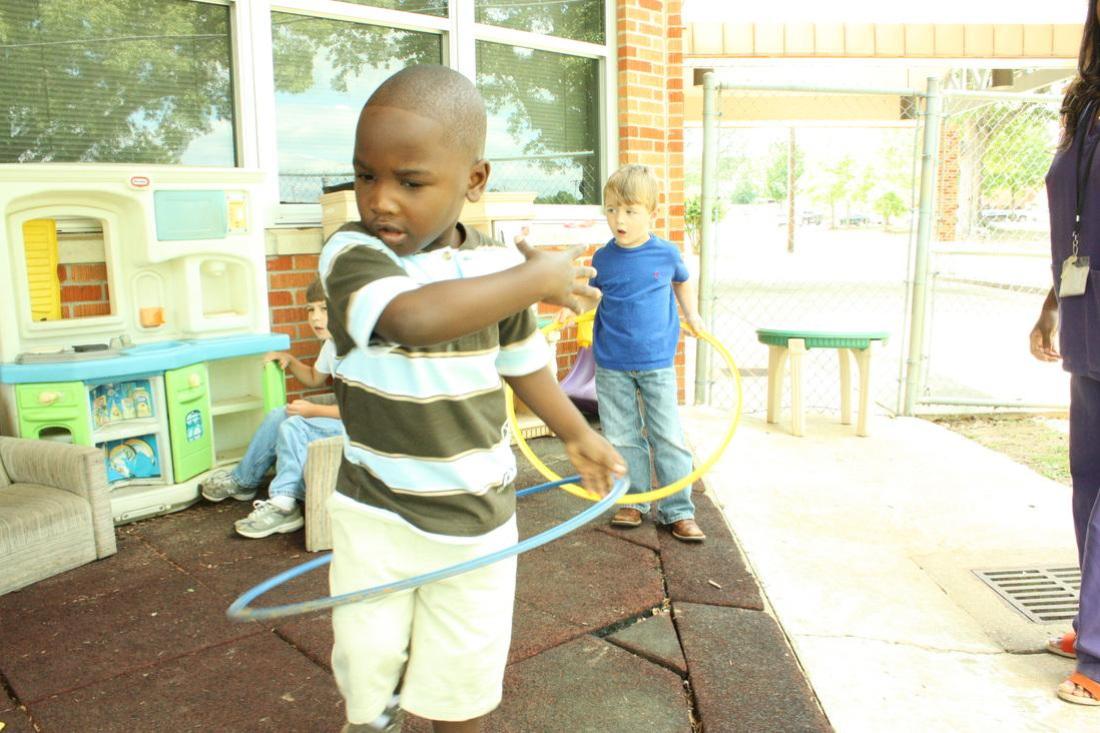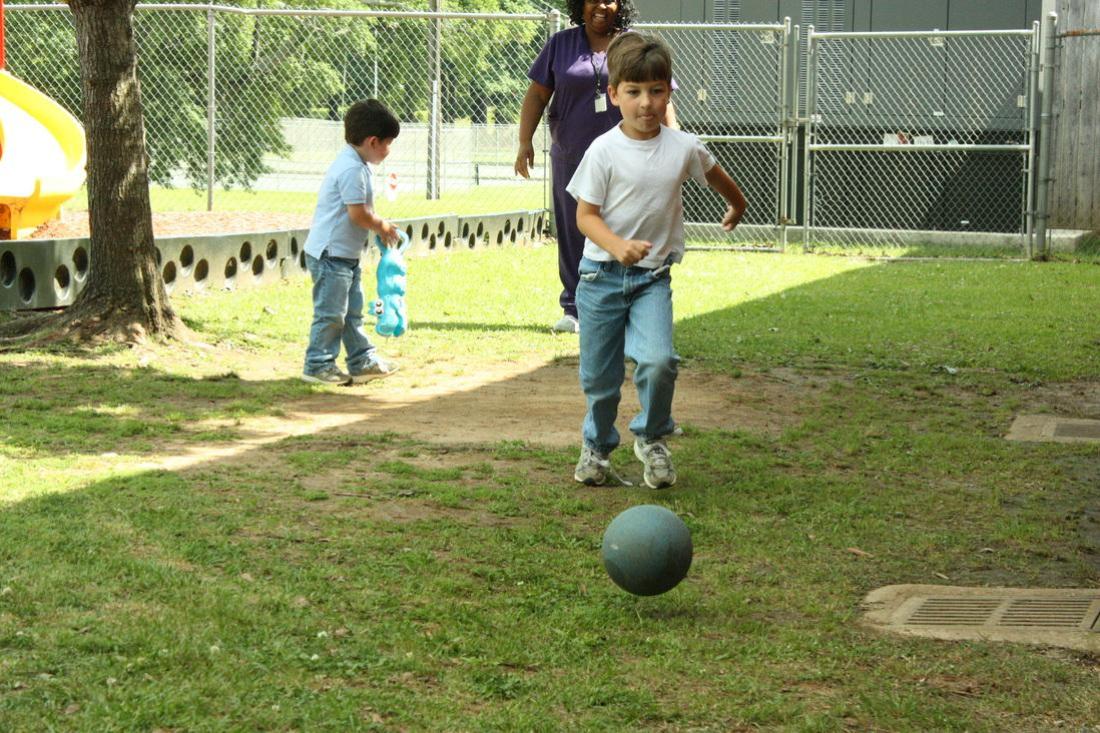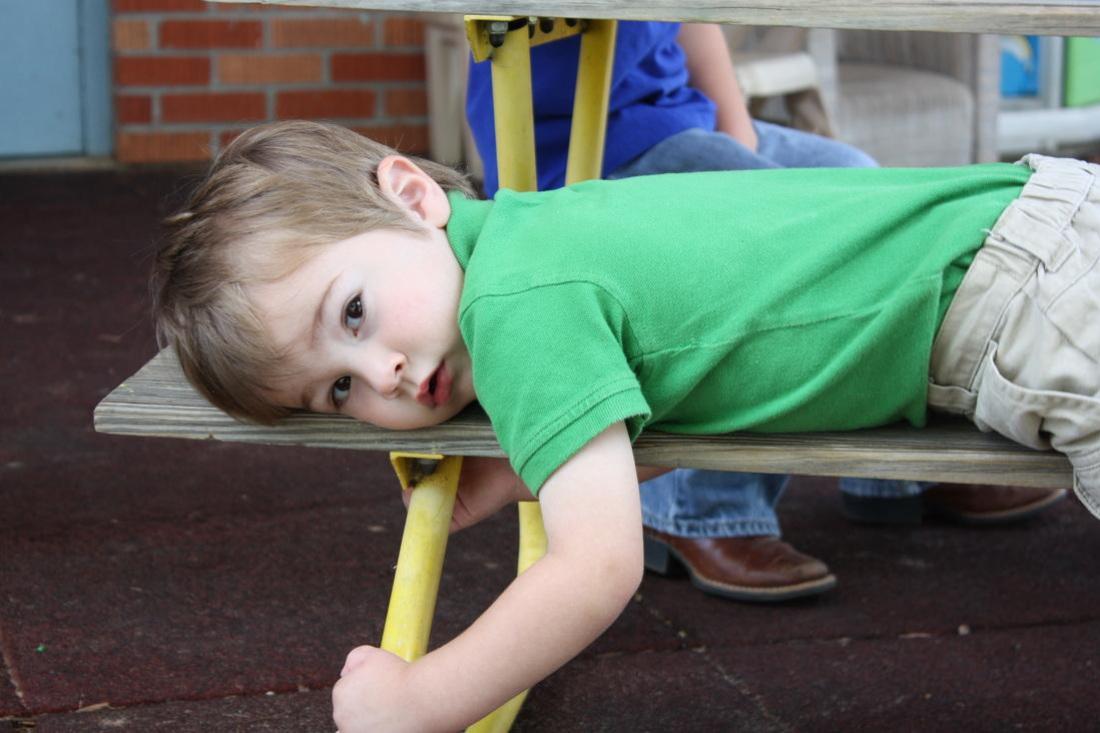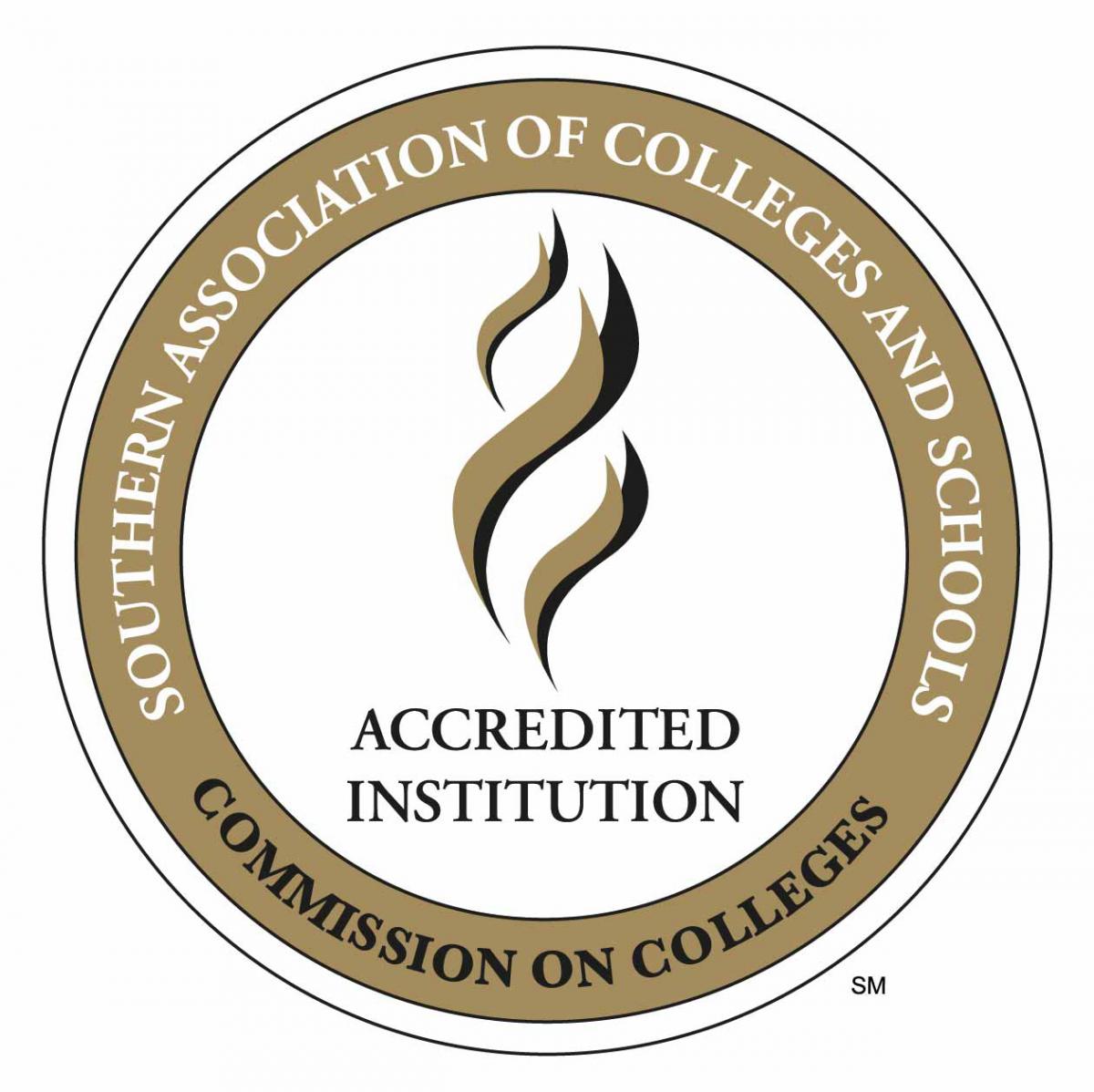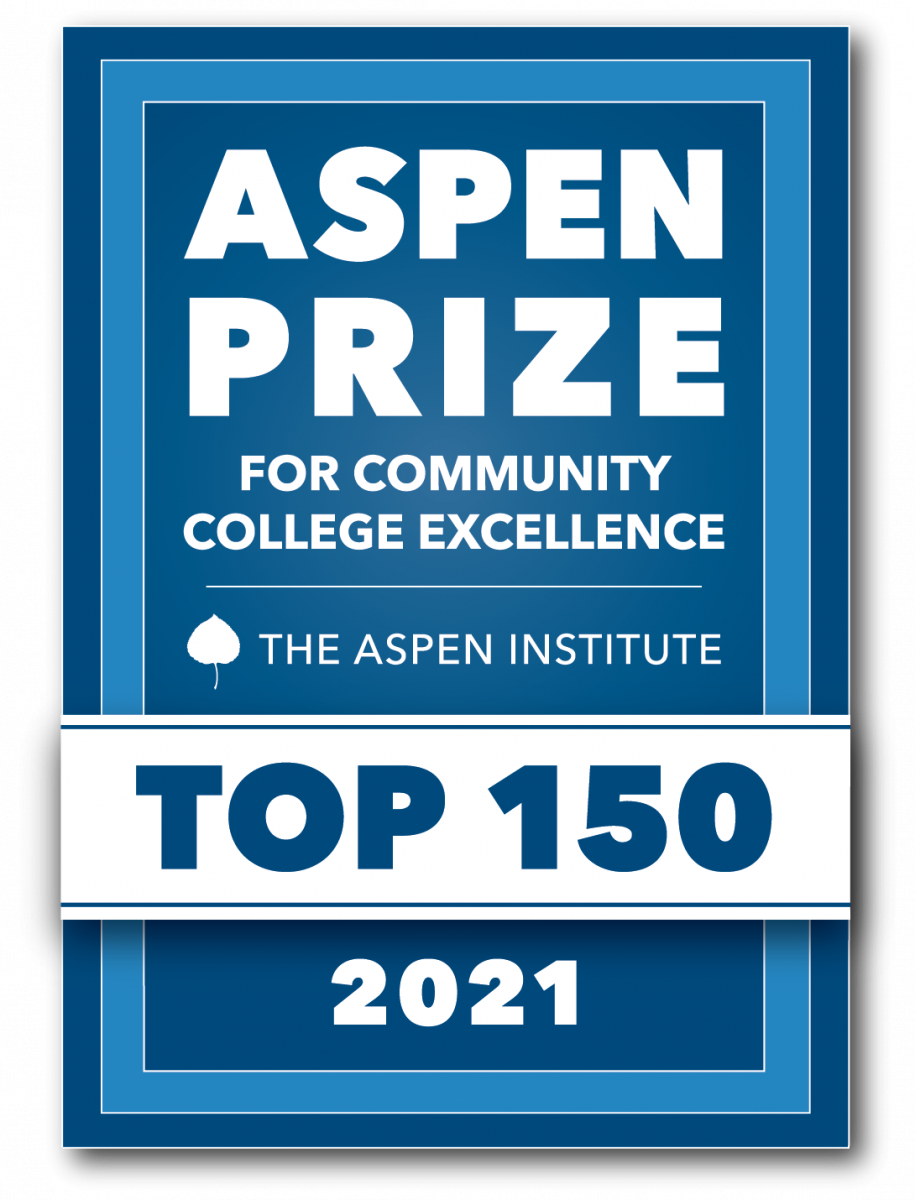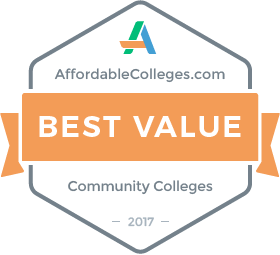30 Hour Career Certificate
|
 |
Participants in the Early Childhood Education program receive adequate instruction and training in curriculum planning and implementation. Experiences in coordination of activities in art, music, language arts, and other avenues of learning prepare students for job placement in a variety of careers working with children. Students receive hands-on experience as they complete the required number of practicum hours in the ECCC Daycare Center on campus. All students enrolled in the program must have up-to-date immunizations on file at the College and must participate in a criminal background check and fingerprinting.
Advanced education is available at multiples levels in early childhood education, including programs at the bachelor's, master's and doctoral degree levels. Early childhood educators are required to hold licensure or certification whether they work in childcare centers or schools; however, private childcare providers working with small numbers of children are not always required to be certified. Requirements for certification vary widely by age level and state. Typically, certification requires a criminal background check, proof immunizations, and a traning component.
| Courses taught in the Early Childhood Education program... | |
|
|
| For a complete listing of courses required to complete the Early Childhood Education program, please see the ECCC Catalog. | |
| Careers in Early Childhood Education... | |
|
|
For more information on the Early Childhood Education program at ECCC....
The fields marked * are required.
Career & Technical Education Substance Abuse Testing Policy
To ensure a drug-free workplace and learning environment, East Central Community College students enrolled in specific Career & Technical Education programs that are skills-based and/or require the use of heavy equipment are required to submit to initial, random, and reasonable suspicion substance abuse testing. These programs include Early Childhood Education. To review the entire Policy No: 411.7 Career-Technical Substance Abuse Testing Policy, including information on procedures, initial testing, retesting, reasonable suspicion testing, accident/injury testing, and program re-admission, refer to the college’s online Policies and Procedures Manual.


